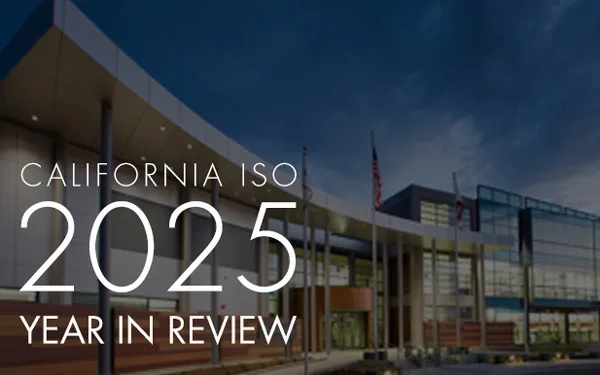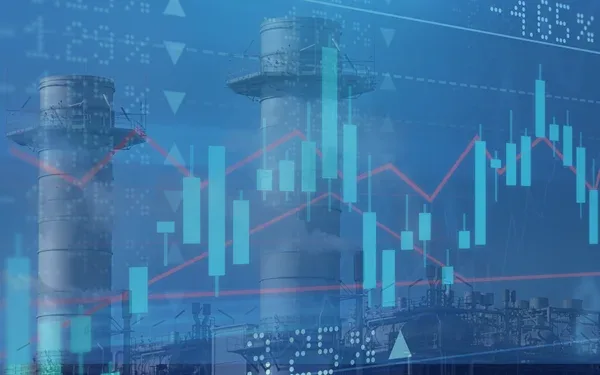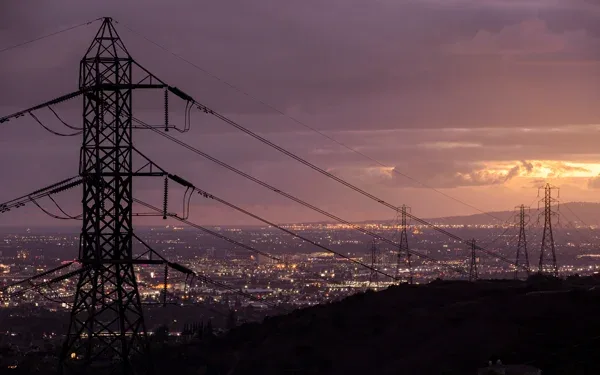Working groups playing key role in policy development
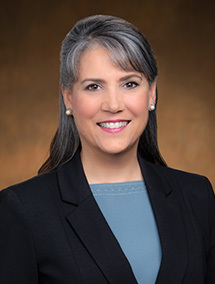
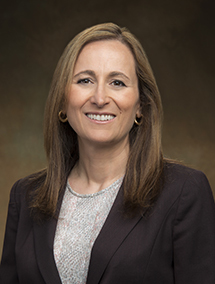
At the California Independent System Operator, we value the views of stakeholders and take a variety of steps to make sure they are integrated into our market design and transmission planning efforts. Over the past couple of years, we have looked for opportunities to enhance our engagement practices to give them more meaningful input at all stages of policy-making.
One notable improvement is the creation of working groups that have been adopted during the early stages of policy development. Working groups allow the ISO to partner with stakeholders in developing the problem statements and principles that guide us in designing policy, decision making and in scoping an initiative.
The adoption of the working group model began in 2022, when the ISO invited participation in working groups to help design an Extended Day Ahead Market (EDAM) which was approved in December of last year by the Federal Energy Regulatory Commission - a necessary step for the planned launch of EDAM in 2026.
After the success of the EDAM initiative, the ISO convened additional working groups to address resource adequacy, price formation, gas resource management, greenhouse gas coordination and the interconnection process enhancements (IPE). These groups have met regularly throughout 2023 and 2024 to develop guiding principles and problem statements to inform issue papers and initiative proposals.
We view such input in the early stages of policy development as vital to the success of market design, infrastructure planning and business practice changes. This is especially true for complex initiatives with multi-faceted issues and perspectives. Working groups foster a common understanding of problems, and set the stage for stakeholders to participate more fully in the development of policy solutions. The new approach is already paying dividends by encouraging a more robust exchange of ideas that will inevitably produce better solutions.

As we approach the finish line for the IPE initiative, it is clear that the use of working groups gave us a better platform to hear a range of proposals on how the ISO could more effectively analyze and consider applications for new resources to connect with the ISO grid. The final proposal was posted on March 28th and reflects the wide range of stakeholder positions and perspectives, intensive engagement, and extensive consideration of the many proposals that were brought forward.
Even though the IPE final proposal does not incorporate everyone’s ideas, it strikes a balance based on the understanding that resulted from developing shared principals and problem statements during the working groups. We are now preparing to take the final proposal to the ISO Board of Governors in May and think it reflects a diversity of ideas and perspectives and yields an overall better result.
We are also preparing to roll out a unique type of working group later this year that will focus on our Day-Ahead Market Enhancements (DAME) implementation. This new implementation working group is aimed at inviting stakeholders involved in the DAME policy design into the implementation phase to develop testing scenarios that will help to identify and address any unanticipated gaps. This will provide participants the ability to validate market parameters and ensure they are consistent with the approved policy that otherwise may not have been fully understood when the policy was approved by the Board of Governors or the Western Energy Imbalance Market’s Governing Body.
Though we expect working groups to be less formal, with free-flowing discussion, we aim to retain the ability of stakeholders, including those who couldn’t participate in every meeting, to review the documentation so that they can meaningfully engage in final design decisions.
Discussion papers are the vehicle in which the working groups capture key topics, issues and principles in the early stages of an initiative which helps to keep the working group on track. We expect these working groups to yield a written set of recommendations that will serve as a roadmap for everyone involved in the process to move into policy design with the publication and review of issue papers, straw proposals, and final proposals that are developed through an open, transparent and well documented process for policy development.

We also know that working groups may require more time and attention, particularly for complex matters, and therefore are committed to making sure working groups are scheduled to minimize conflicts and are sequenced in a manner that allows stakeholders to prepare and participate for maximum engagement.
The energy landscape is dynamic and fast-changing, and the ISO has to be nimble and proactive for optimal policy development. Based on the positive feedback we have already received, the changes we are making feel like a big step in the right direction.
We deeply appreciate the engagement and support we have received thus far as we work to bolster the ISO’s stakeholder process. We look forward to your continued feedback as we strive for continuous improvement and seek opportunities to leverage the working group model throughout the policy development process.

